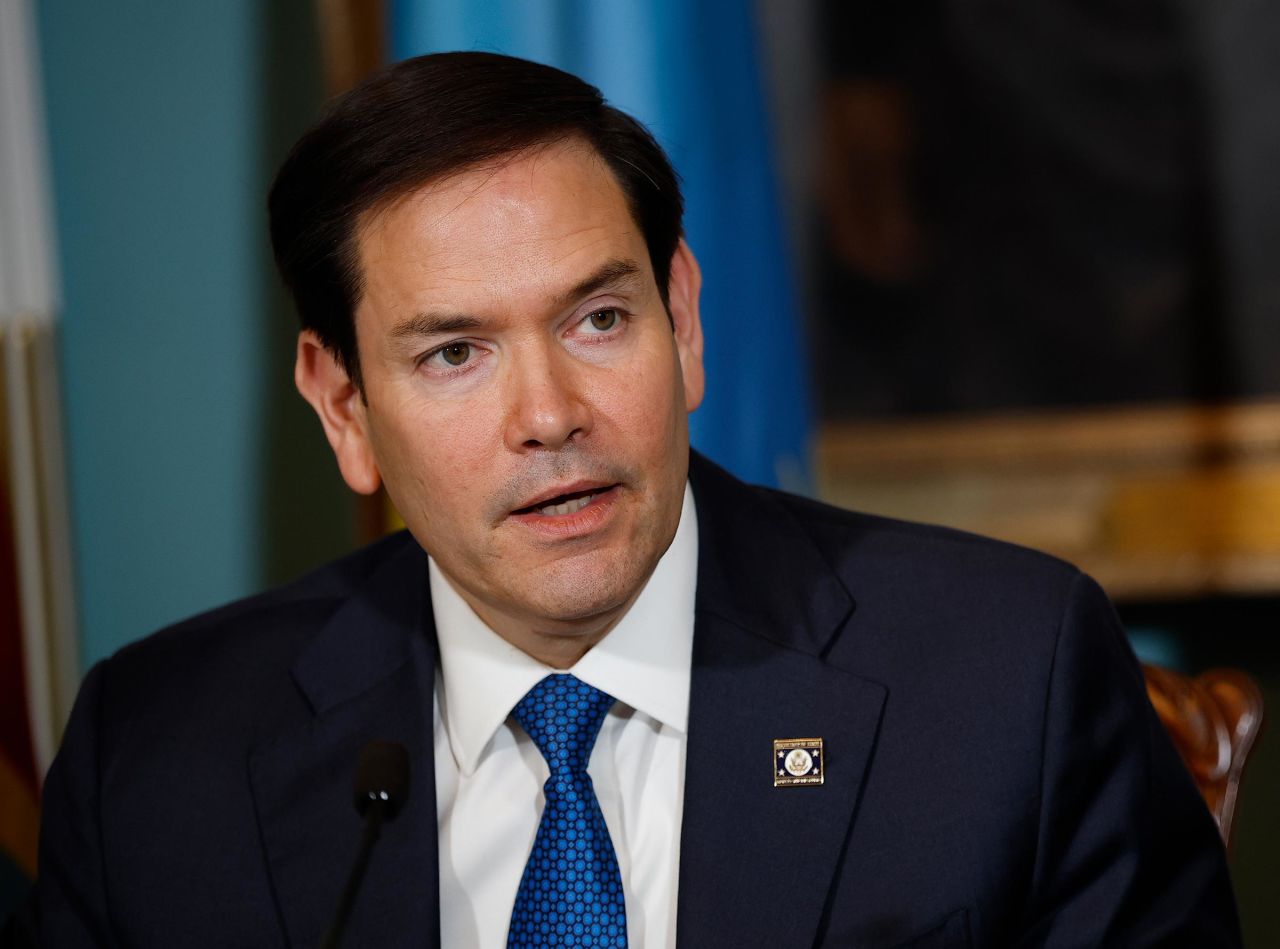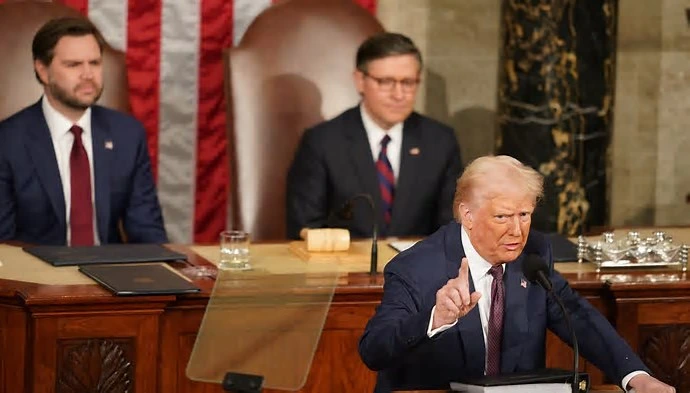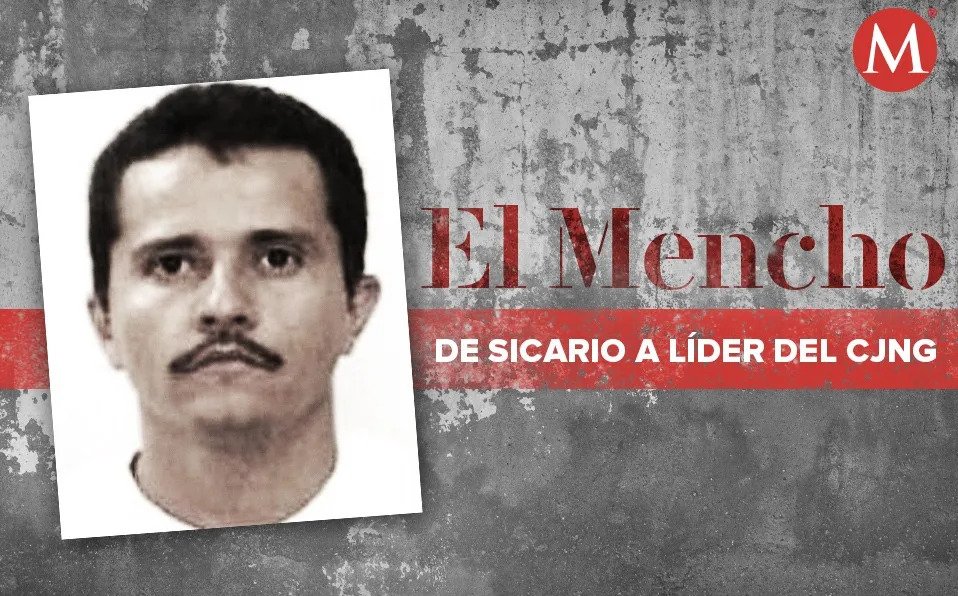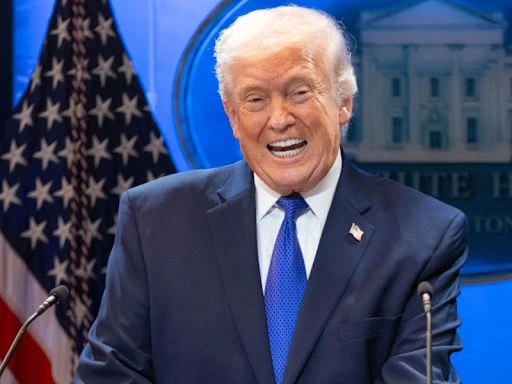12-MAY-2025,07:20 PM In a significant diplomatic acknowledgment, U.S. Senator Marco Rubio confirmed the ceasefire agreement between India and Pakistan, calling it a “critical moment of restraint and wisdom.” In a formal statement, Rubio praised the leadership of Indian Prime Minister Narendra Modi and Pakistani Prime Minister Shehbaz Sharif for choosing the path of de-escalation during one of the tensest periods in South Asian geopolitics.
The statement comes amid rising global concern over military skirmishes along the Line of Control (LoC) and the broader consequences of any potential escalation between the two nuclear-armed neighbors.
Marco Rubio Praises Diplomacy Over Provocation
A Ceasefire Amidst Rising Tensions
Marco Rubio emphasized the importance of dialogue over armed conflict. Speaking during a press briefing at Capitol Hill, he noted, “What we’ve seen over the past few days is a rare but powerful reminder that dialogue can win over division.” The senator confirmed that back-channel communications between New Delhi and Islamabad played a vital role in achieving the ceasefire.
Rubio, a member of the U.S. Senate Committee on Foreign Relations, acknowledged the support of international partners, including the United States and the United Nations, in nudging both parties toward a truce. However, he credited the “political courage and foresight” of PM Modi and PM Sharif for seizing the opportunity to step back from the brink.
Marco Rubio Commends PM Modi and Shehbaz Sharif for Statesmanship
Applauding ‘Wisdom’ Over Warmongering
In his remarks, Marco Rubio stated, “It takes strength to stand up in war, but it takes even greater wisdom to stand down.” He praised Prime Minister Narendra Modi for showing what he called “strategic maturity” in handling provocations without resorting to immediate military escalation. Similarly, he recognized Prime Minister Shehbaz Sharif for demonstrating “restraint and responsibility” in curbing militant escalations that could have worsened the situation.
Rubio’s comments reflect a growing consensus in diplomatic circles that the avoidance of full-scale conflict between India and Pakistan is not only a regional concern but a global imperative.
Marco Rubio Stresses Role of International Cooperation
The U.S. and Allies as Mediating Influences
According to Marco Rubio, the international community, particularly the U.S., played a supportive role behind the scenes. He acknowledged that diplomatic teams from Washington, London, and even Riyadh were actively involved in urging both India and Pakistan to de-escalate through direct and indirect dialogue.
Rubio highlighted that while the ceasefire was ultimately brokered by the two nations, “such mature decisions are often enabled by a multilateral framework of accountability, transparency, and support.” This message underlines a broader U.S. strategic interest in maintaining peace in South Asia—especially at a time when global security is stretched by conflicts in Europe, the Middle East, and the Pacific.
Historical Significance: A Turning Point in India-Pakistan Relations?
Marco Rubio Reflects on Past and Present
Reflecting on the history of India-Pakistan tensions, Marco Rubio noted that this ceasefire—if maintained—could mark a turning point in subcontinental diplomacy. “We’ve seen multiple flare-ups over Kashmir and cross-border incidents in the past,” he said. “But this time, the commitment to peace feels stronger and more focused.”
He also urged both nations to capitalize on this moment by engaging in more structured peace talks on long-standing issues such as Kashmir, terrorism, and water sharing.
Reactions From the Region and Beyond
Leaders Echo Marco Rubio’s Optimism
Leaders across the globe echoed Marco Rubio’s optimism. The European Union released a statement welcoming the ceasefire and encouraging India and Pakistan to initiate confidence-building measures. Meanwhile, the United Nations Secretary-General António Guterres called the development “a positive step toward stability.”
In India, government sources expressed appreciation for Rubio’s remarks, indicating that international acknowledgment of restraint helps strengthen public trust in the government’s strategic decisions.
In Pakistan, Prime Minister Sharif’s media wing welcomed Rubio’s praise, stating that it validated Islamabad’s efforts to prevent further conflict and promote diplomacy.
The Road Ahead: Ceasefire Just the Beginning
Marco Rubio Urges Follow-Up Action
Despite celebrating the ceasefire, Marco Rubio cautioned that “this is only the first step.” He advised both governments to institutionalize communication channels, engage in periodic summits, and collaborate on counter-terrorism frameworks.
Rubio also recommended that future agreements include human rights considerations in the disputed regions, ensuring that peace isn’t just political but also humanitarian.
“There must be progress not only on paper but on the ground—in how people live, how they are protected, and how their aspirations are heard,” he added.
Conclusion: Marco Rubio’s Message Resonates Beyond Borders
With tensions between India and Pakistan a persistent concern for global stability, the recent ceasefire and Marco Rubio’s vocal support for it represent a beacon of hope. His words serve not only as a commendation but also as a call to action—for leaders, civil society, and global partners to sustain the momentum for peace.
By endorsing the statesmanship of PM Modi and PM Sharif, Rubio is betting on diplomacy over destruction. Whether this ceasefire holds and evolves into something deeper will be the true test—but for now, it’s a win for regional peace and international cooperation.
Source : ANI





